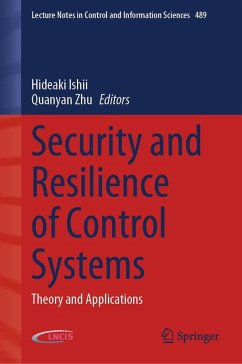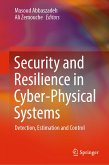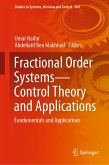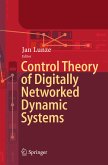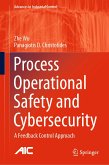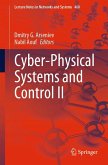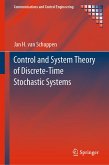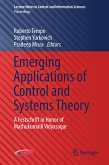The contributing authors present perspectives on network security, game theory, and control, as well as views on how these disciplines can be combined to design resilient, safe, and secure control systems. The book explores how attacks in different forms, such as false data injections and denial-of-service can be very harmful, and may not be detected unless the security measures exploit the physical models. Several applications are discussed, power systems being considered most thoroughly.
Because of its interdisciplinary nature-techniques from systems control, game theory,signal processing and computer science all make contributions-Security and Resilience of Control Systems will be of interest to academics, practitioners and graduate students with a broad spectrum of interests.
Dieser Download kann aus rechtlichen Gründen nur mit Rechnungsadresse in A, B, BG, CY, CZ, D, DK, EW, E, FIN, F, GR, HR, H, IRL, I, LT, L, LR, M, NL, PL, P, R, S, SLO, SK ausgeliefert werden.

